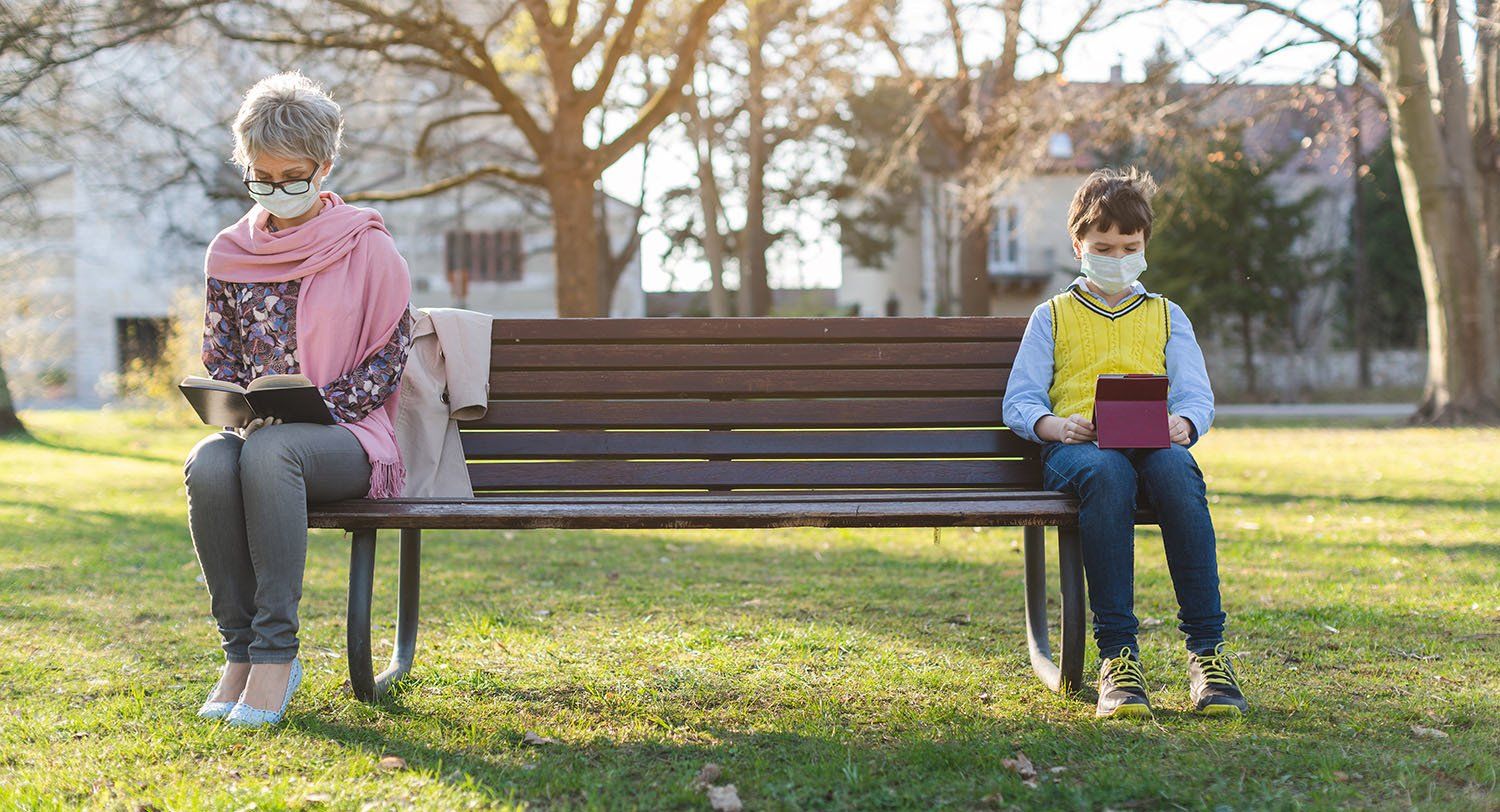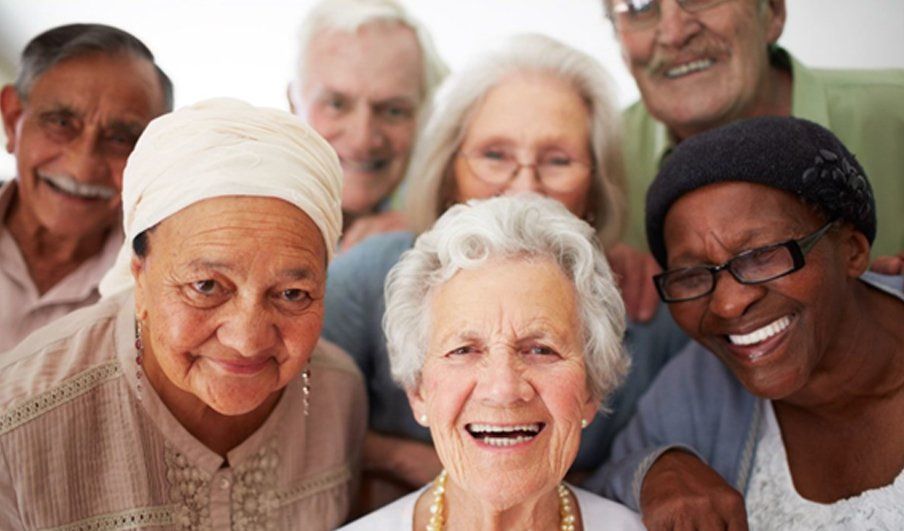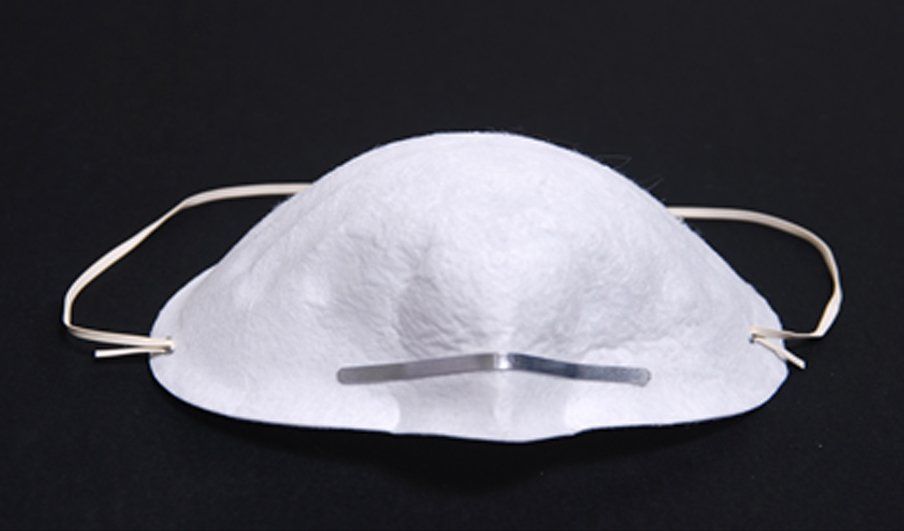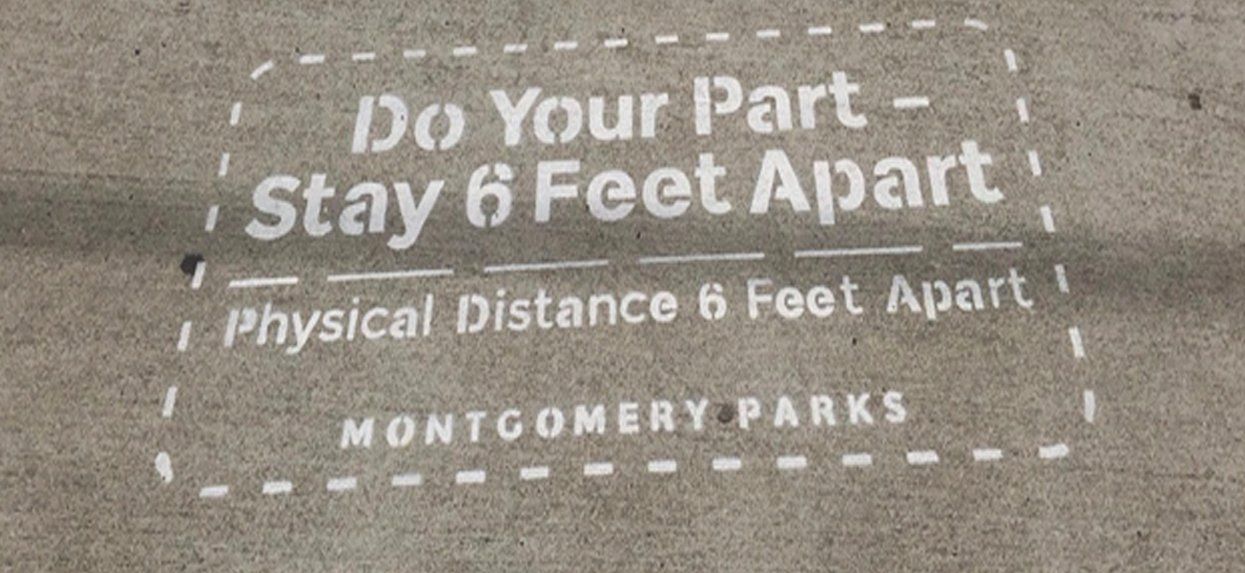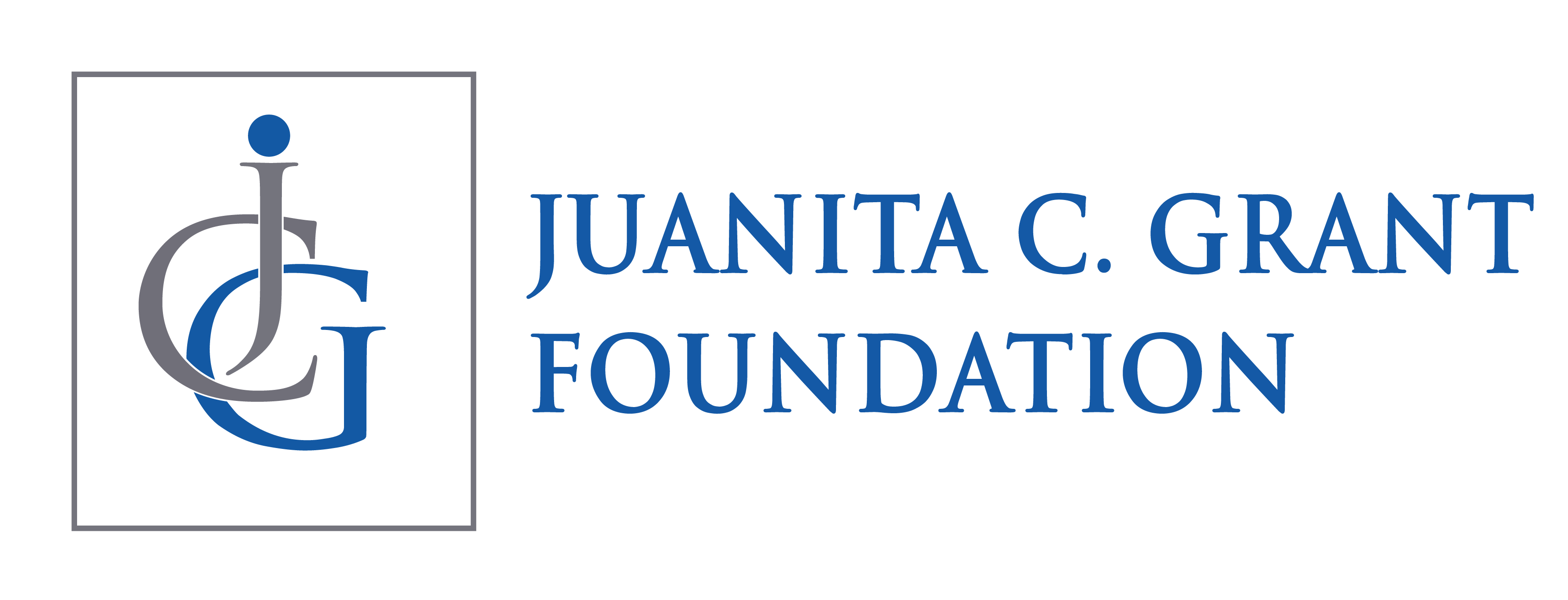Lifelong Lessons from Caregiving Across Cultures
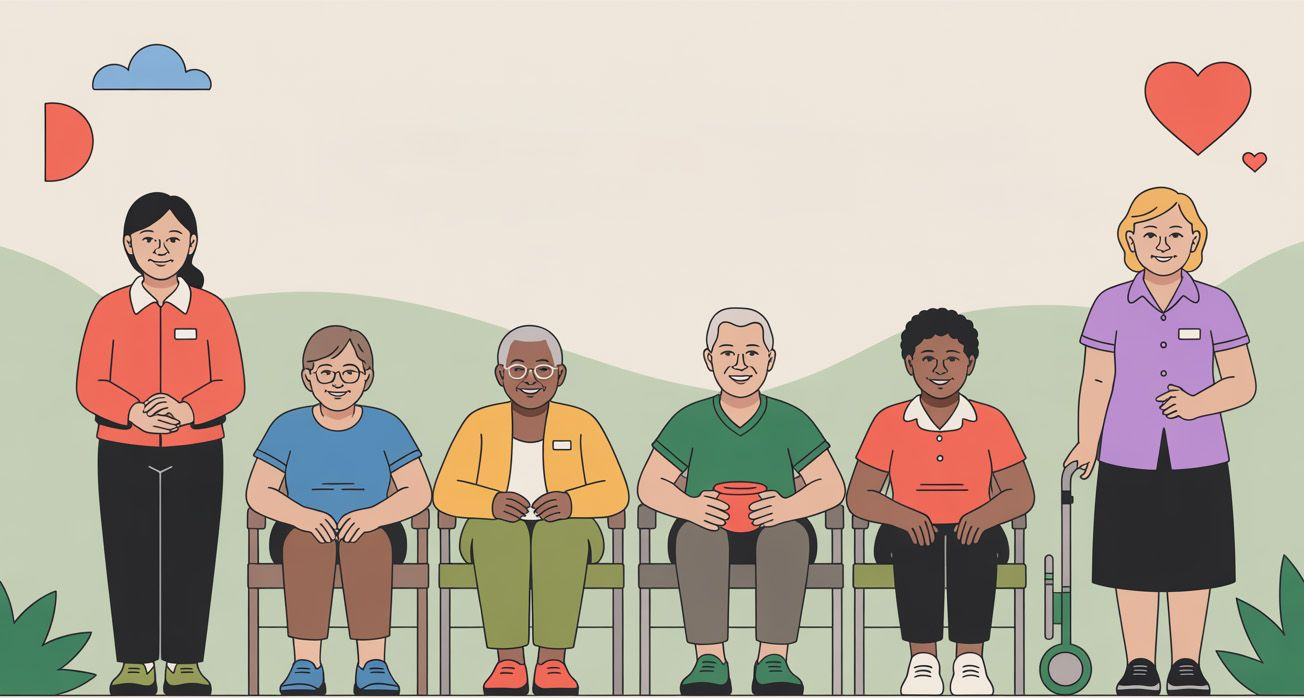
As another school year begins, I’m reminded that learning isn’t confined to the classroom, it happens throughout our lives. In my Chinese heritage, there’s a famous saying attributed to the philosopher Confucius: 三人行, 必有我師”, which translates to “When three persons walk together, there is always a teacher among them.” The wisdom is simple yet profound: yes there is always something to learn from others.
Recently, I had the privilege of learning from S. Orlene Grant, Founder and CEO of this Foundation, during a workshop sponsored by the Jewish Federations of North America’s Center on Aging, Trauma, and Holocaust Survivor Care. Alongside Lorenzo Ramirez of Colorado, we spoke on a panel about how a person-centered, trauma-informed (PCTI) approach shaped our caregiving journeys. Orlene shared movingly about caring for her late parents, who had endured the realities of life in segregated America.
Though we came from different backgrounds—African American, Latino, and Chinese immigrant—we all understood the critical importance of acknowledging past traumas in the lives of those we care for.
PCTI care, introduced in 2015 by the federal Administration for Community Living (ACL), is an approach to services that integrates an understanding of trauma into programs, policies, and practices. The Jewish Federations of North America (JFNA) has been a leader in championing this model, particularly for Holocaust survivors. I first encountered PCTI principles through a JFNA webinar during the pandemic, and it changed my caregiving approach.
JFNA defines PCTI as “a holistic model of care that prioritizes health and well-being by accounting for the role of trauma across the life course, resisting re-traumatization, and promoting strength, agency, and dignity.” For me, these principles became essential while caring for my late mother. My parents, immigrants from China, carried the deep scars of war and displacement. Understanding those experiences helped me become a more effective advocate in navigating the healthcare system on their behalf.
For example, when completing medical intake forms, I often couldn’t provide information about previous generations—my parents had fled their hometown during the Communist army’s siege, leaving family and records behind. I made sure to explain this to my mother’s doctors so they understood the gaps in her medical history.
Before adulthood, my parents had already endured the Sino-Japanese War (1937–1945) and, in the late 1940s, years of displacement during the Chinese Civil War. They were detained in a refugee camp in Southeast Asia for nearly four years before being rescued to Taiwan. These years of illness, malnutrition, and hardship took a lasting toll on their health—challenges that resurfaced decades later when I was their caregiver.
During the workshop, Lorenzo and Orlene shared equally moving accounts of caring for loved ones whose lives were marked by trauma. Together, we recognized what the ACL calls “the long-term and adverse consequences of trauma” and how PCTI care empowers caregivers to respond with compassion, cultural sensitivity, and advocacy. Together on stage, we shared a bond across cultures and were united in knowing that we had tried to do our best as family caregivers for those we loved.
Must Read Newsletter
Sign up for news and events
Newsletter
Most Popular

